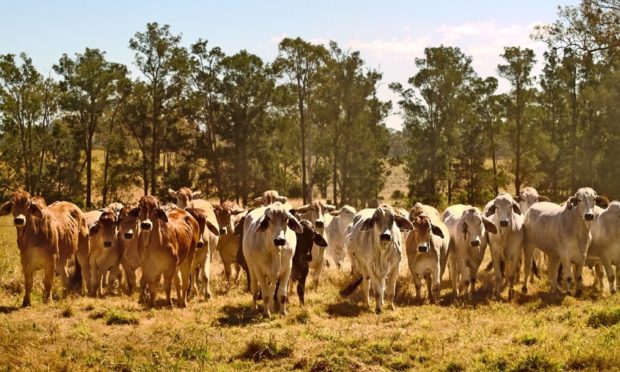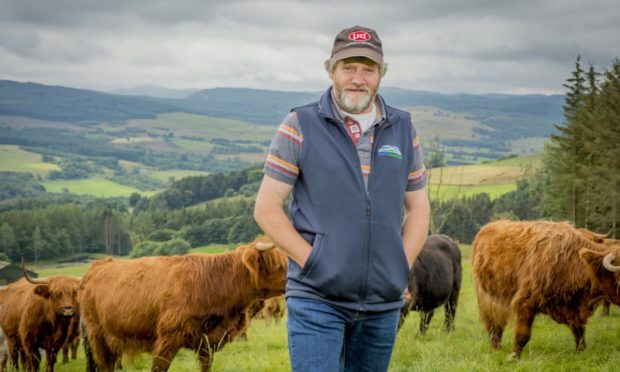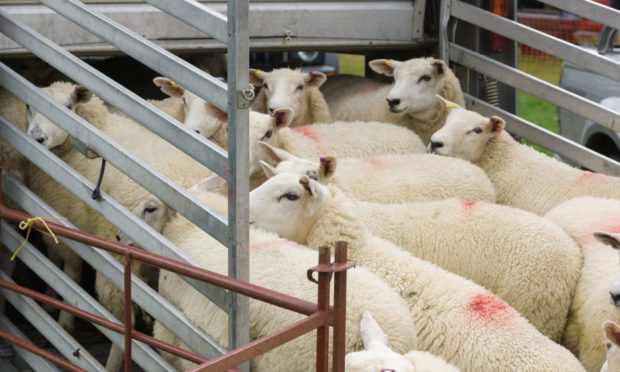Farm leaders have called on the UK Government to put safeguards in place to protect animal welfare and environmental standards in a trade deal with Australia.
The comments come as the UK and Australian Governments agree the broad terms of a free trade agreement, with the UK Government promising to protect farmers by a cap on tariff-free imports for 15 years, using “tariff rate quotas and other safeguards”.
NFU Scotland president, Martin Kennedy, said the union had “deep concerns” about the impact of a trade deal on Scottish farmers, crofters and the wider food and drink sector.
“Under the proposed deal there is to be a cap on tariff-free imports form Australia for 15 years,” added Mr Kennedy, who farms near Aberfeldy.
“That is merely a slow journey to the Australians getting unfettered access to UK markets and with no guarantees that the promises of other safeguards will address the fact that very different production systems are permitted in Australia compared to here in the UK.”
Mr Kennedy said the deal had not been afforded “the appropriate level of scrutiny and consultation” and it sets a danger precedent for trade deals with other major farming and food producing countries including Canada, New Zealand, Mexico and the USA.
NFU England and Wales president, Minette Batters, said she was concerned that the announcement of the trade agreement appeared to make no mention of animal welfare and environmental standards.
“We will need to know more about any provisions on animal welfare and the environment to ensure our high standards of production are not undermined by the terms of this deal,” added Ms Batters.
Liz Bowles, associate director of farming at organic certification body Soil Association, agreed and questioned how the deal met the Conservative manifesto pledge to not compromise on the UK’s environmental, animal welfare and food standards.
She said: “Australian farmers are permitted to use growth hormones, prohibited pesticides, battery cages and sow stalls, and they are responsible for far more antibiotic use than producers in the UK.
“The government’s promise of a cap on tariff-free imports for 15 years, plus tariff rate quotas and other safeguards, will offer scant reassurance to farmers who justifiably feel betrayed.”
Meanwhile, the National Sheep Association (NSA) warned the UK sheep sector was being used as the “sacrificial lamb” in trade deals.
The association’s chief executive, Phil Stocker, said: “Talking about equivalence of standards is not good enough; if practices such as long transport journeys or the transportation of animals in hot or cold temperatures are not acceptable here then why are they acceptable in Australia?
“Of course, certain procedures like mulesing – the process of removing folds of skin from the tail area of a sheep, intended to reduce fly strike – would not be tolerated here. Offshoring these issues is not ethical or honest.”
Mr Stocker added: “NSA has said for a long time that it fears the UK sheep sector being the sacrificial lamb for benefit of other industries and that is exactly what looks likely to happen.”


